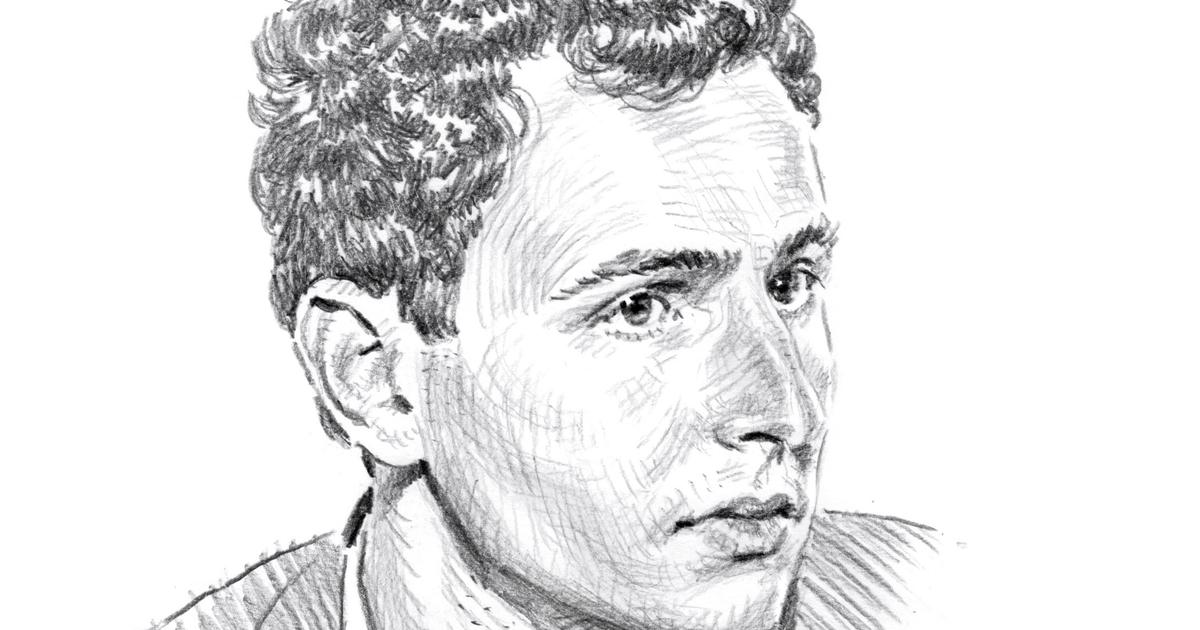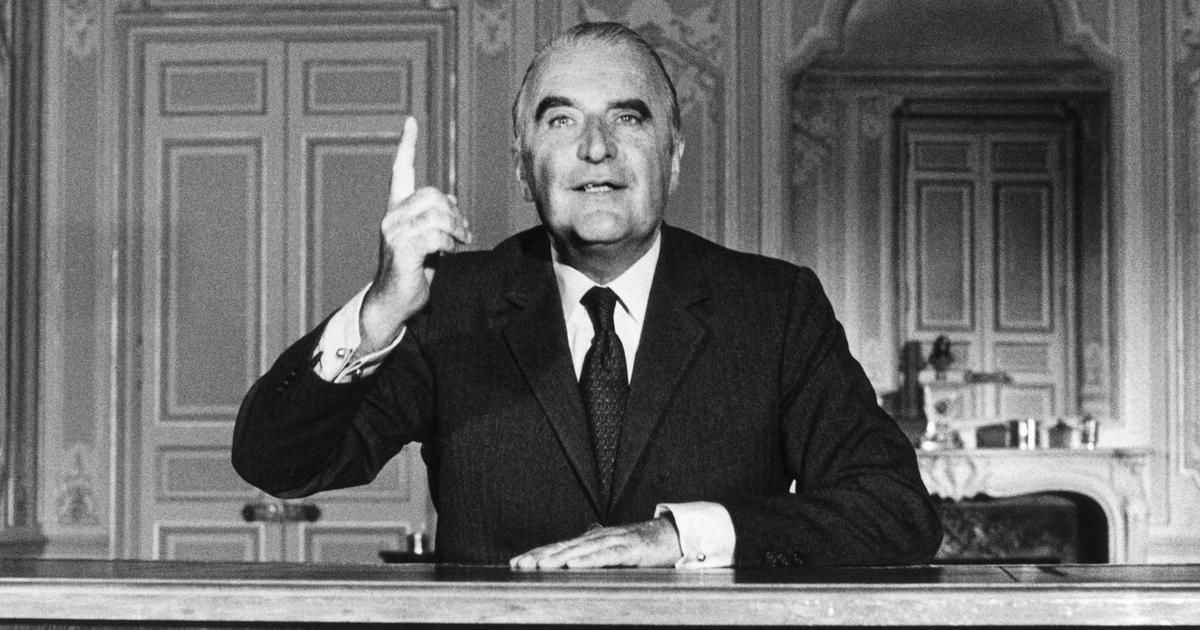It could have been a celebration in style.
It is not every day that a political party celebrates half a century of life and, furthermore, it does so at the sweetest moment in its history, when, after decades of ostracism, it has become the leading parliamentary opposition group in France and is closer than ever to power.
But the National Rally (RN) is not a party like the others.
Marine Le Pen has commemorated the anniversary of the National Front (FN), which her father founded 50 years ago and which was renamed the RN in 2018, without rallies or parties.
She limited herself to convening, last Thursday, a three-hour colloquium in an assembly room in the basement of a building attached to the National Assembly in Paris.
As if she was avoiding drawing attention to the anniversary, or she wanted to hide something.
The founder, Jean-Marie Le Pen, expelled from the party by his daughter and an uncomfortable figure for him, was not invited, because he recalls the racist and anti-Semitic origins of a formation that today aspires to complete its full normalization as a government party.
Jean-Yves Camus, co-director of the Observatory of Political Radicalities at the Jean-Jaurès Foundation, notes: "It is a party that tries to distance itself from the past, but now finds itself in a delicate position: it could not do nothing for its 50 years ”.
The exercise was complex for Le Pen daughter, who in the second round of the presidential elections in May obtained 12.3 million votes, 41.5%, the best result in her history, despite losing to the president, Emmanuel Macron.
A month later, in the legislative elections, the RN obtained 89 deputies, a record for a formation that had only had its own parliamentary group between 1986 and 1988.
The sweet moment coincides with the victory of Giorgia Meloni, heiress of Italian neo-fascism, in the legislative elections of her country.
Although Le Pen's sister party in Italy is the League —of Matteo Salvini—, Meloni's arrival in power could accelerate the normalization of the RN in France.
The National Regrouping, meanwhile, is preparing to take another step towards normalization by electing in November, for the first time in its history, a president with a different last name from that of its founder and its current leader.
The militants will choose between Jordan Bardella, Le Pen's right-hand man, and Louis Aliot, mayor of the largest city governed by the party: Perpignan.
They are not family, but almost: Bardella is the boyfriend of a niece of Marine Le Pen and Aliot was Le Pen's partner for years.
Marine Le Pen could not deny, as she commemorated the fiftieth anniversary, the history of perhaps the most successful far-right party in Western Europe.
At the same time, it is compromised to vindicate a history that has its roots in veterans of collaboration with the Nazis during World War II, in members of the terrorist group against the independence of Algeria OAS, and in neo-fascist and explicitly anti-democratic groups.
What remains of the National Front
What remains in the National Regroupment of that National Front of 1972?
Bruno Gollnisch, FN veteran, Marine Le Pen's former rival and speaker at Thursday's colloquium, replies: “It's like asking what remains of a family you knew 50 years ago.
In this family some have died, others have left, but the family continues.
The National Front is not exactly the same as it was 50 years ago, but there is continuity”.
Is the ideology the same?
“Jean-Marie Le Pen described himself at the beginning of the national right, as opposed to the conservatives who had kept nothing and the liberals who had liberalized nothing,” says Gollnisch.
“And today the tendency is to say: 'We are the defenders of French identity, of sovereignty, of the freedom of peoples, and the left-right divide is largely overcome'.
Jean-Yves Camus sees three elements of continuity between the FN of 1972 and the RN of 2022: “The symbol remains, the famous flame, it is not entirely the same, but there is continuity.
There are people, elected officials or militants committed from very early in the party.
There remains a political formula that motivates voters: security, immigration, identity.”
And what has changed?
"Many things," Camus replies.
“The style: the controversial formulations of Jean-Marine Le Pen no longer exist.
Marine Le Pen is not fixated on World War II or the Algerian war.
The economic program is no longer ultraliberal: Jean-Marie Le Pen said: 'I am the French Ronald Reagan'.
Marine Le Pen would never say it: the current program is more social, it is addressed to the popular layers, to people who live in peripheral areas”.
If Le Pen daughter has come so far it is also, among other reasons, because she has broken with her father and his more radical angles, because she has assumed the inheritance of General De Gaulle ―hated by Jean-Marie Le Pen― and because she has rectified her own previous positions in favor of France leaving the euro and the European Union.
In 2015, 61% of French people believed that the RN was dangerous for democracy, according to a study by the Jean-Jaurès Foundation;
today they are 54% (three points less than in the case of La Francia Insumisa, the first party on the left).
Camus recalls that, in addition to distancing himself from his father's racist or revisionist statements about the Holocaust, in Marine Le Pen's RN, or at least in the official discourse, there are also no homophobic statements, nor is the law that decriminalized the abortion in 1975 nor are other classic signs of the father assumed.
"One really wonders if it is still a far-right party," says the specialist.
"I prefer the term radical right, bearing in mind that the difference is that the extreme right is against democracy, and the radical right accepts the democratic game, although it wants to change part of the rules."
Follow all the international information on
and
, or in
our weekly newsletter
.
Subscribe to continue reading
read without limits
Keep reading
I'm already a subscriber








